Chess and Early Cold War Propaganda Chess, like many sports, has been used as a political instrument. Files recently released by the National Archives reveal how the Soviet Union exploited chess for propaganda during the early years of the Cold War (1953–1960). In December 1953,…
Read MoreMore Articles
‘But Kasparov is not a man to limit his goals or his spheres of action. Stocky and strong, with black hair already streaked with grey by the pressure of his life-style, Kasparov lives in perpetual whirlwind of activity. Naturally this is reflected in his speech,…
Read MoreInterest in François-André Danican Philidor revived in 1926, the 200th anniversary of his birth. Celebrations were planned at his birthplace, Drieux in the Champagne region of France, and Biarritz. In England too chess players were keen to mark the occasion. Bust of Philidor (Cleveland Public Library…
Read MoreNeumann, Hirschfeld and Suhle 19th Century Berlin Chess Biographies with 711 Games Hans Renette and Fabrizio Zavatarelli 384 pages | hardback | 66 illustrations | 711 games | $75.00 Jefferson: McFarland, 2018 Jonathan Hinton Collectors of modern books on chess history, particularly those…
Read MoreEuwe: Plays to win in every game. His colleagues unreservedly acknowledged him an authority on the game. Stahlberg: Obviously quite out of form. Does too much journalism. Always plays the same rather dim openings. Keres: Admired of all the ladies, quite outshining Anthony Eden and…
Read MoreUitumen – Lein Sochi, 1965 Black to play 12…h5!! A fine move, and the only good one. 13 fxe5 Bg4 14 Qb3 Qf2 15 Qxb7? It was better to play 15 Rd1, and if 15…Be2 only then 16 Qxb7. 15…Qxe1…
Read More‘No game has bred more metaphors than chess, the royal game. Indeed, no game has a literature a thousandth the size of it. That is not really surprising; from the moment the board is set up, chess mimics humankind in countless ways. War, cunning, power,…
Read MoreToday marks the 150th birthday of Harold James Ruthven Murray (1868–1955), best known for his A History of Chess, published in 1913. The fruits of fourteen years of research, this monumental work of scholarship has been described as ‘perhaps the most important chess book in English’…
Read MoreAlthough Steinitz was celebrated for his play without sight of the board, barely two dozen of his blindfold games survive. In February 1875 he visited Oxford to give a blindfold exhibition over seven boards. He won four, lost one, with two games left unfinished. It…
Read More
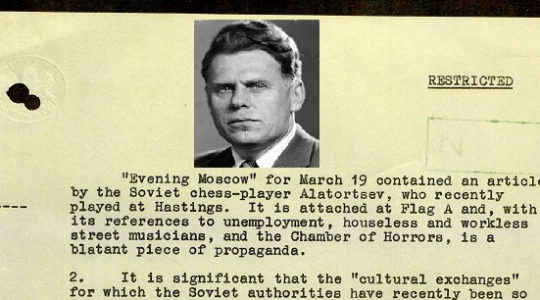
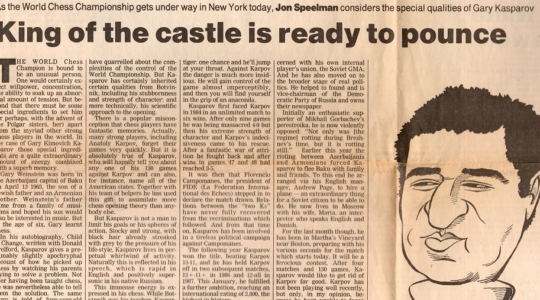
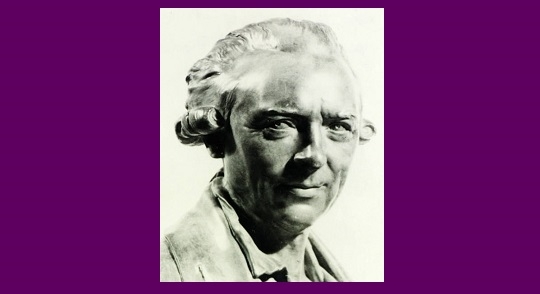

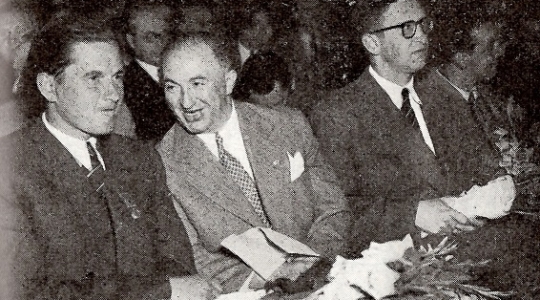
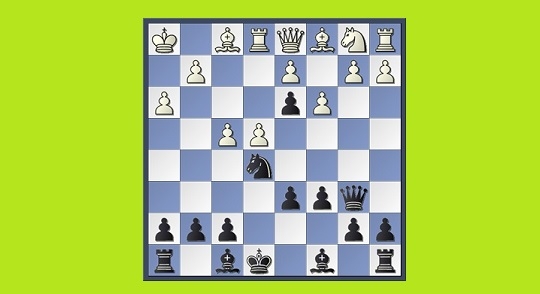
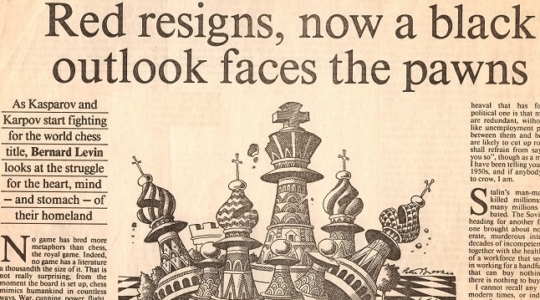
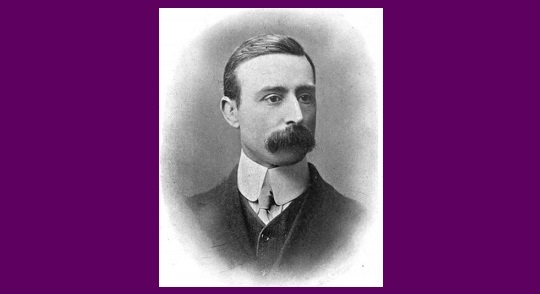
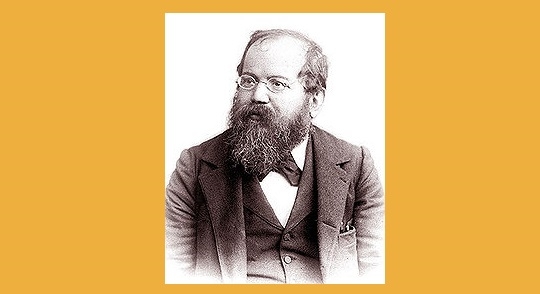
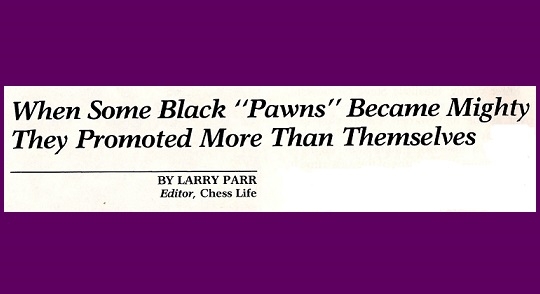
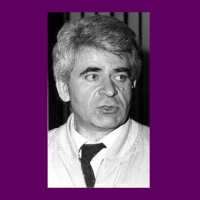
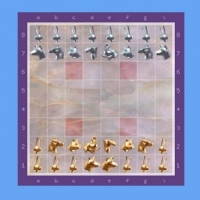
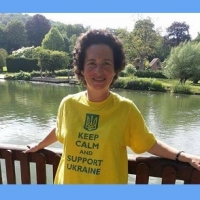
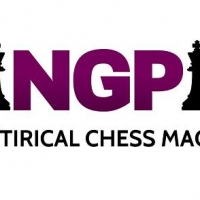
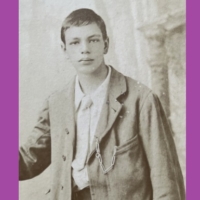
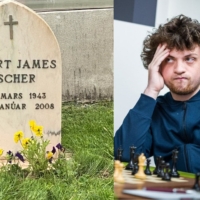
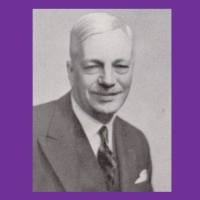
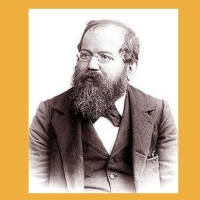
Gary Kenworthy
→ Commenting on: Tim Krabbé: 20 Questions
Jon Manley
→ Commenting on: No Regrets: Boris Spassky at 60
IchessU
→ Commenting on: No Regrets: Boris Spassky at 60
S.B. Cohen
→ Commenting on: Chess and Sex – The Survey